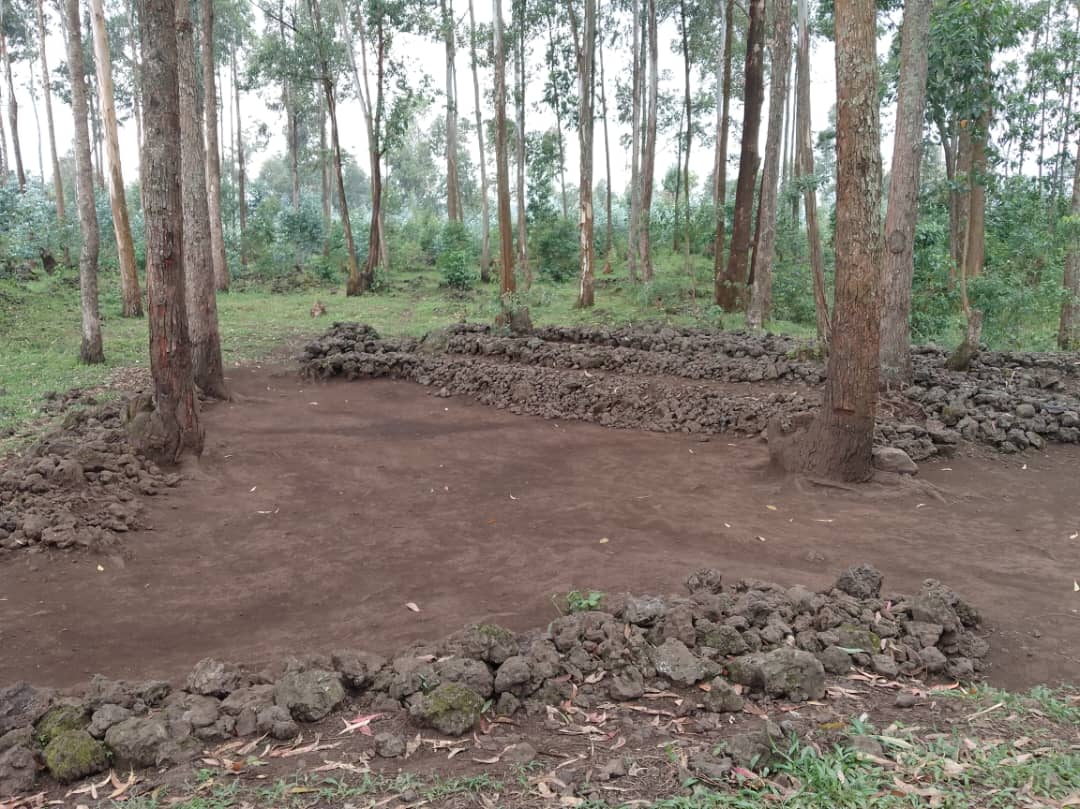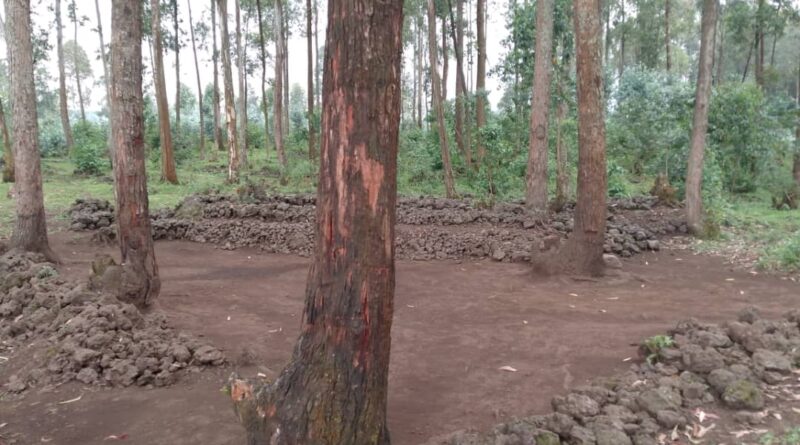Musanze: A Church in the middle of a forest accused of environmental destruction and disturbing residents
In a privately owned forest in Bitare (Kabaya) Village, Cyabagarura Cell, Musanze Sector, Musanze District, an open-air church has been established, bringing together worshippers from different denominations.
Commonly referred to as “the wilderness,” this place operates both day and night. The continuous dancing and gatherings have compacted the ground so much that no grass or trees can grow there.
Residents living near the forest claim that these prayer gatherings are significantly damaging the environment. As the number of worshippers increases, they are reportedly destroying young trees and hindering the growth of existing ones.
Emmanuel Niyongira, a local resident, stated that people have been praying in this forest for a long time, and their numbers keep increasing. They come with their pastors, spiritual prophets, and regular worshippers, each bringing new members. The group has expanded so much that they now occupy a large part of the forest, preventing vegetation from growing. Even existing trees are struggling because they are constantly being used for support during prayers.
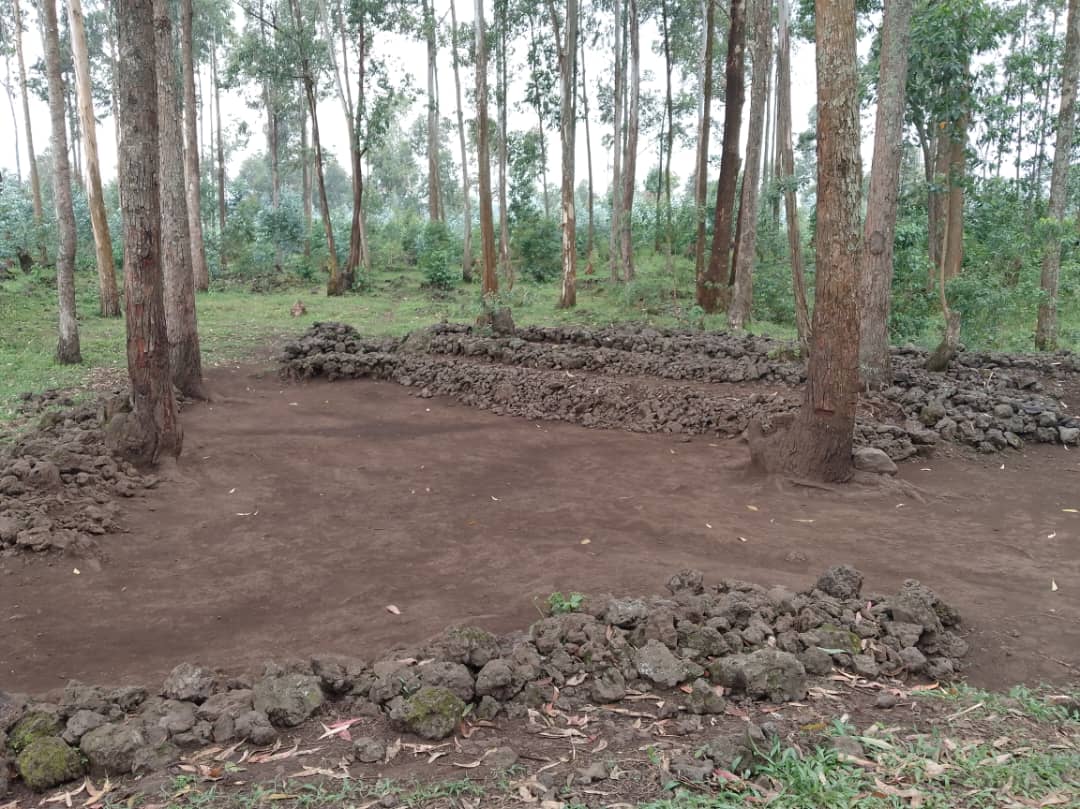
Apart from environmental concerns, residents complain about excessive noise, especially at night, making it difficult for them to sleep. Nyiransabimana, another resident, told Greenafrica.rw that the worshippers sing, dance, and even when they take time to study the Bible, they still speak loudly. During the day, the noise is not too disturbing, but at night, it becomes unbearable. She explained that sleeping is a challenge unless one gets used to it.
Many locals have also expressed concerns over the safety of those who attend these gatherings, fearing for their well-being, especially at night and during heavy rain.
Emmanuel added that he does not understand why these people continue to pray in such a dangerous environment. He said that even during the day, the forest is frightening to enter alone, let alone at night. What surprises him the most is that even during heavy rain at midnight, worshippers remain there, continuing their prayers until morning.
Edouard Twagirimana, the Executive Secretary of Musanze Sector, told Greenafrica.rw that he was not previously aware of the situation but confirmed that authorities would investigate immediately.
He emphasized that churches that do not meet the requirements have been closed and that praying in unauthorized locations like this so-called wilderness is not allowed. He said that local authorities are actively monitoring such activities to ensure compliance with regulations.
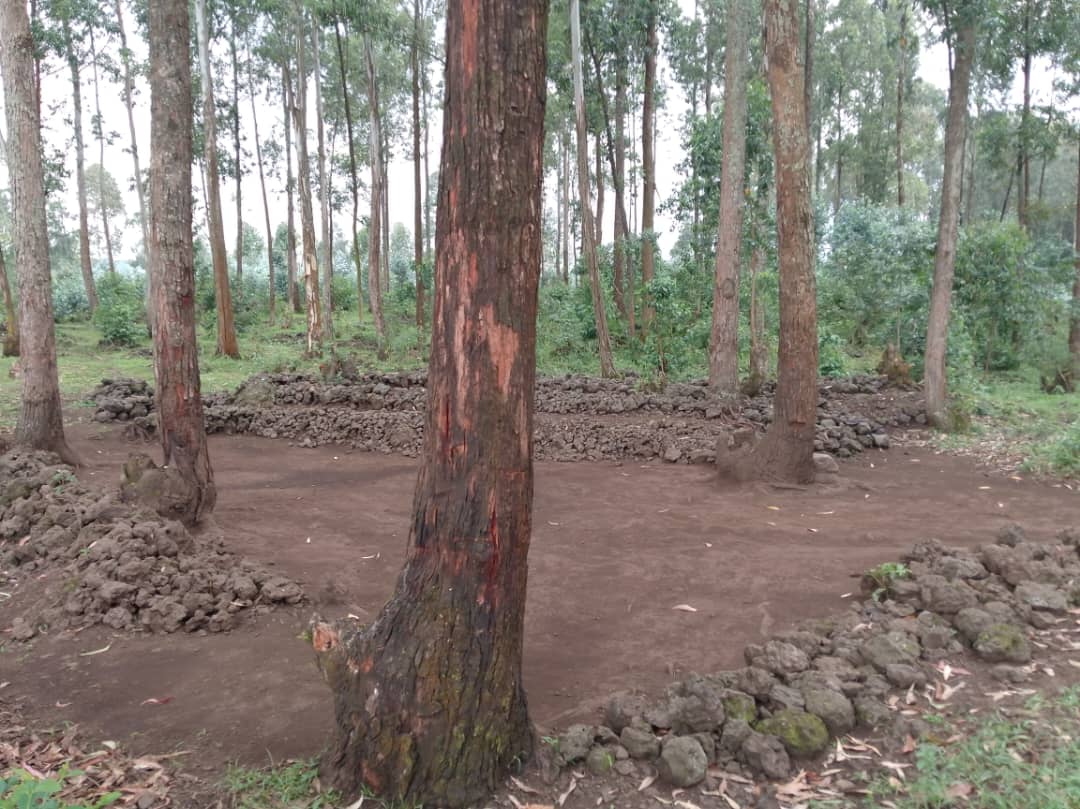
He also pointed out the environmental impact of such gatherings, explaining that this kind of worship destroys forests. No trees can grow in such a place, and even existing vegetation is not well maintained. He reiterated that unauthorized prayer sites should not be allowed to continue operating.
SP Jean Bosco Mwiseneza, the spokesperson for the Rwanda National Police in the Northern Province, confirmed that such prayer gatherings pose security risks to the worshippers and disturb local residents.
He urged people to pray in legally recognized churches and warned that those who continue to worship in forests or other unauthorized locations would face legal action. He also raised concerns about the safety of worshippers, explaining that these areas are often unsafe due to the presence of wild animals.
The Rwandan government enforces strict regulations regarding places of worship to ensure public safety and order. Conducting religious activities in unauthorized locations or failing to meet legal requirements can lead to closures and penalties.
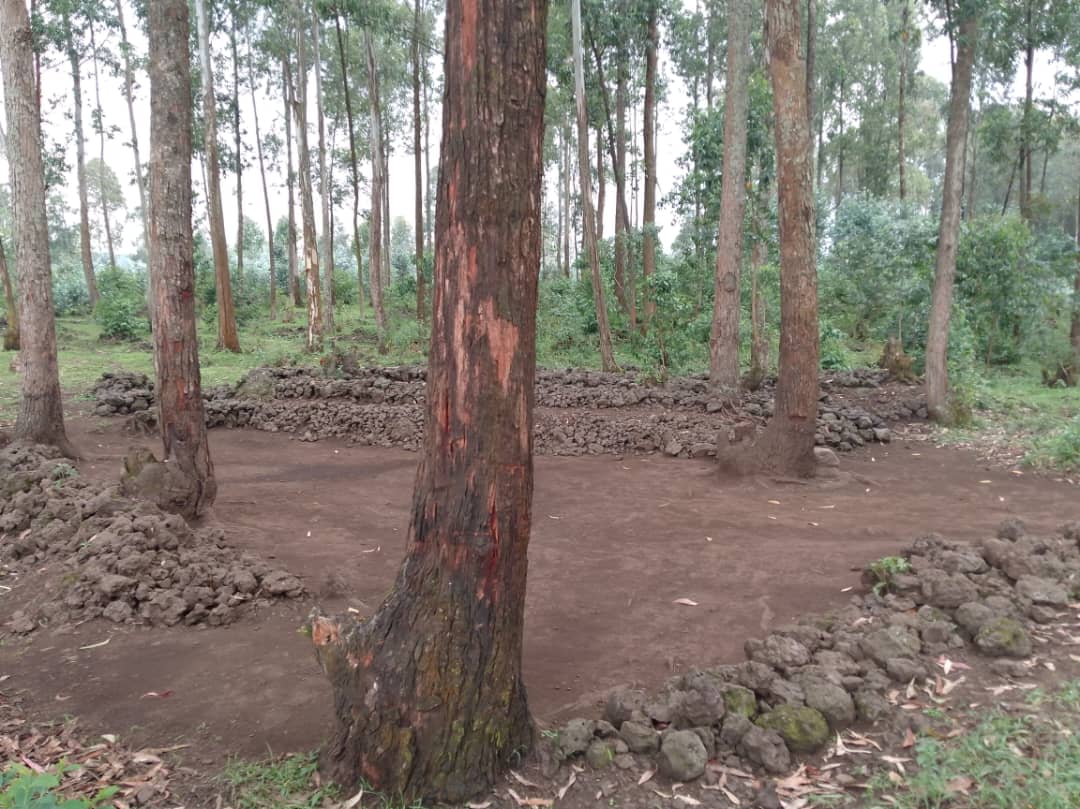
To legally operate, churches must obtain official recognition from the Rwanda Governance Board (RGB) and meet standardized facility requirements, including structurally sound buildings and noise control measures.
In August 2024, RGB reported that among over 13,000 churches inspected across the country, approximately 59.3% were closed for failing to meet requirements.
In the Northern Province alone, 1,253 churches were shut down, including 288 in Burera District, 144 in Gakenke District, 318 in Gicumbi District, 211 in Musanze District, and 292 in Rulindo District. Additionally, 55 churches were permanently demolished due to severe non-compliance.
